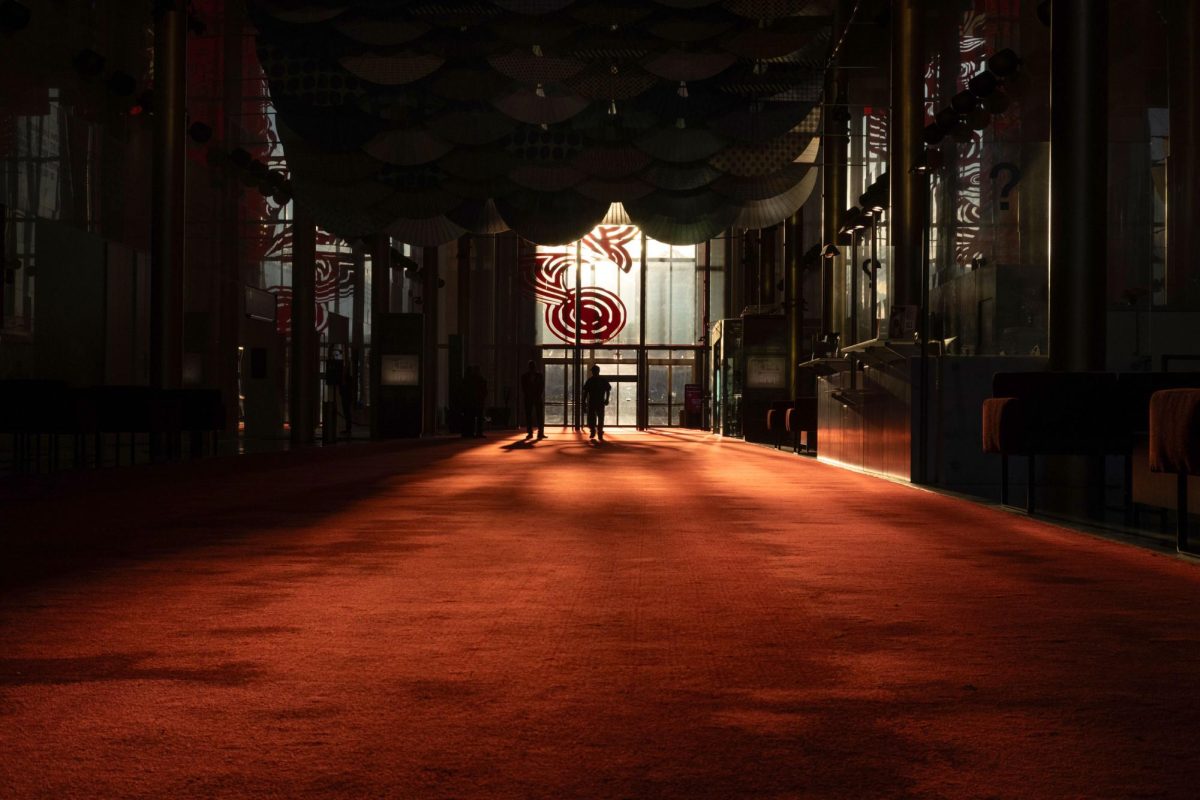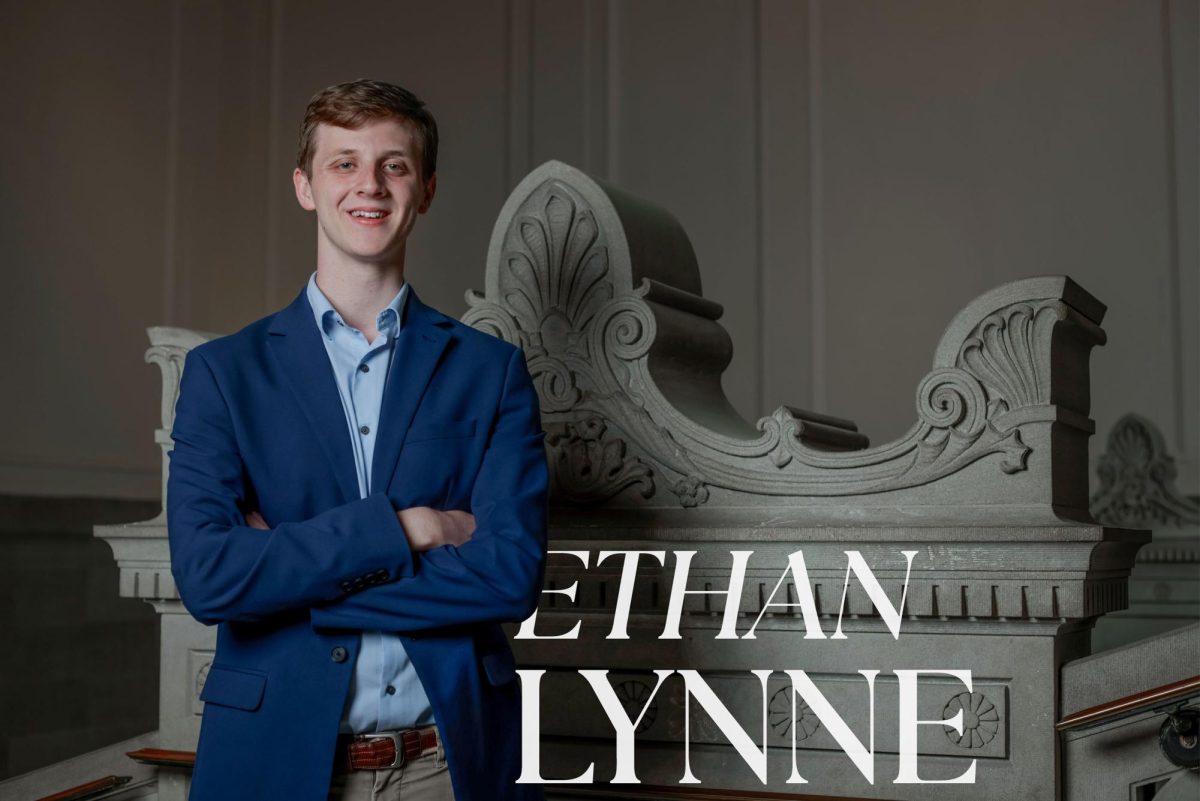GW’s Organization of African Students held a panel discussion Tuesday to find ways to save Africa from social, military and economic oppression in the 21st century.
The panel, moderated by GW political science professor David Simon, was compromised of native African GW students, many of whom have witnessed war and revolution firsthand. They included Hanad Mohamud of Somalia, Paul Sunwabe of Liberia, Josephine Mayanjankang of Uganda, Luvuyo Ketise of South Africa and Emeka Olumba of Nigeria.
The discussion was broken into four segments – peacekeeping, democratization and economics, the role of African women, and relations between African Americans and Africans.
“First and foremost, (peacekeeping) must be something initiated by Africans,” said Mohamud, echoing the sentiment of most of the panelists that peacekeeping should be handled by the Organization of African Unity or other similar regional groups.
Many panelists attacked the United Nations for not seeking real solutions to Africa’s problems. They said the West’s vested interests in upholding the status quo preclude it from achieving any real, long-term success.
Olumba dissented, ignoring the other panelists’ worries of Western exploitation.
“If (the West) will come and bring peace, let them come . people are dying,” he said.
The panelists were more divided about how best to address the problems of democratization and bolstering Africa’s economies. They stressed the need for democratizing from within.
“We speak as though there has never been democracy in Africa,” Mohamud said. “There has been failed attempts at Western democracy.”
The panelists condemned the corruption that runs rampant through many of the continent’s governments.
The panelists also called for increased roles for women, especially in politics.
When asked what to do about cultural norms that degrade women, Sunwabe said, “We should not tolerate anything today that degrades anyone.”
The panel bemoaned the collapse of relations between Africans and African Americans. Most said they support the establishment of a strategic alliance between the two groups in hopes that both will prosper.
“As Africans, we can increase our say in this world by strengthening our ties with this country,” said Mohamud, providing the link between the Irish and Irish Americans as an example.
Mayanjankang disagreed with the tones of Pan-Africanism.
“As far as I’m concerned, they’re all Americans, no matter what their country,” she said.





